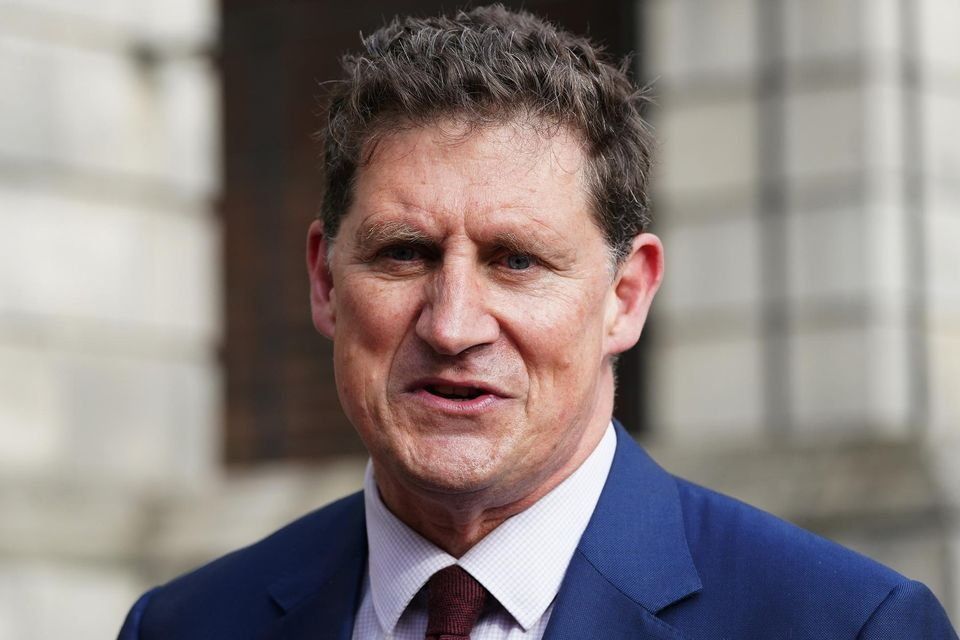Eamon Ryan says nature restoration law is rescuable but ‘not looking good’ after EU countries backtrack
Transport minister Eamon Ryan.
Efforts are continuing behind the scenes to salvage the Nature Restoration Law after last minute back-tracking by several EU countries.
Environment Minister Eamon Ryan said the law was “rescuable” although he remained very worried about it.
The landmark law to stop and reverse the loss of nature and habitats on land and sea was passed by the European Parliament and was due to be rubberstamped by EU environment ministers last Monday.
However, several countries changed their position and the law was dropped from the agenda.
No further meeting of the environment council is scheduled before the European elections in June but Mr Ryan said the law could be stamped by any council.
A meeting of Ecofin, the council of economic and financial affairs ministers, is scheduled for April 12 and a council of foreign ministers later in the month.
Meanwhile, talks are under way to try to bring at least one of the u-turn countries back on board to give the law the necessary majority.
Mr Ryan said it would create serious problems if the law was jettisoned.
“It completely undermines the European legislative process,” he said.
“You enter into negotiations, you conclude a deal and then one side abandons it.
“How would any future deal be done when parliament might think, is it real or not?
“Secondly, it’s bad for nature and bad for farming.
“We've a real opportunity to create new income streams, to protect nature and to support a new generation to go into farming and forestry and this would undermine it.
“It's also very bad for climate change because nature-based solutions are cornerstone to what we need to do and if we don’t start addressing that land use element then everything ese would be to no avail.
“It’s deeply worrying. It’s not concluded yet but it’s not looking good.”
Most Irish MEPs voted for the law and it has Irish government backing, however, Italy, the Netherlands, Sweden and Hungary oppose it.
Hungary was initially supportive and its last-minute change of mind precipitated the crisis.
Austria, Belgium, Finland and Poland are not helping by planning to abstain.
Mr Ryan said Ireland would still devise nature restoration programmes, using some of the €3.15bn climate and nature fund created last October.
However, he said the lack of EU-wide action was no small issue.
"Withdrawing ambition on climate and nature protection is the last thing we need to be doing.”
Join the Irish Independent WhatsApp channel
Stay up to date with all the latest news















